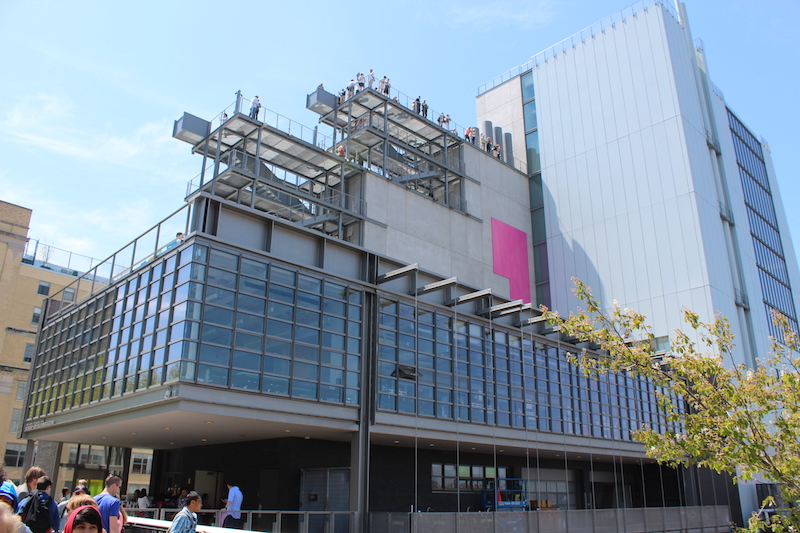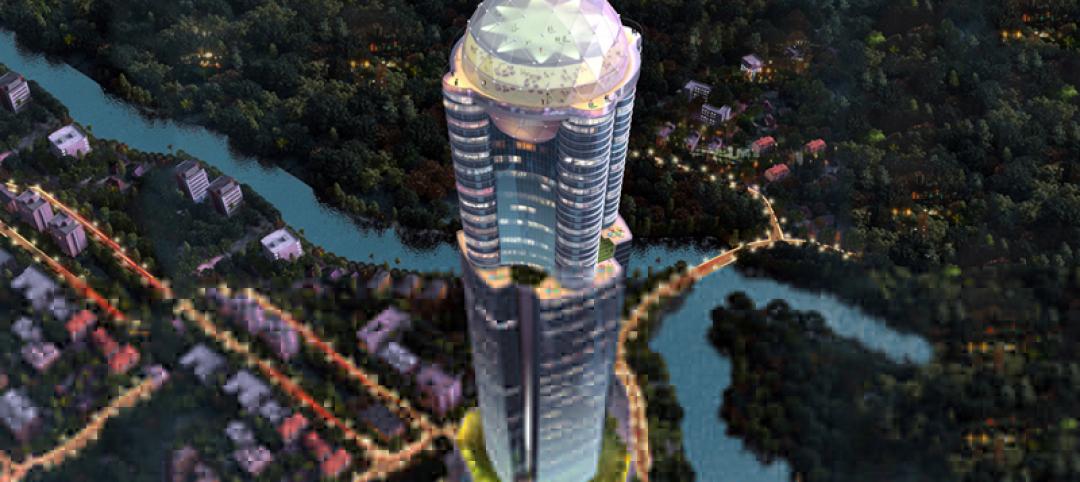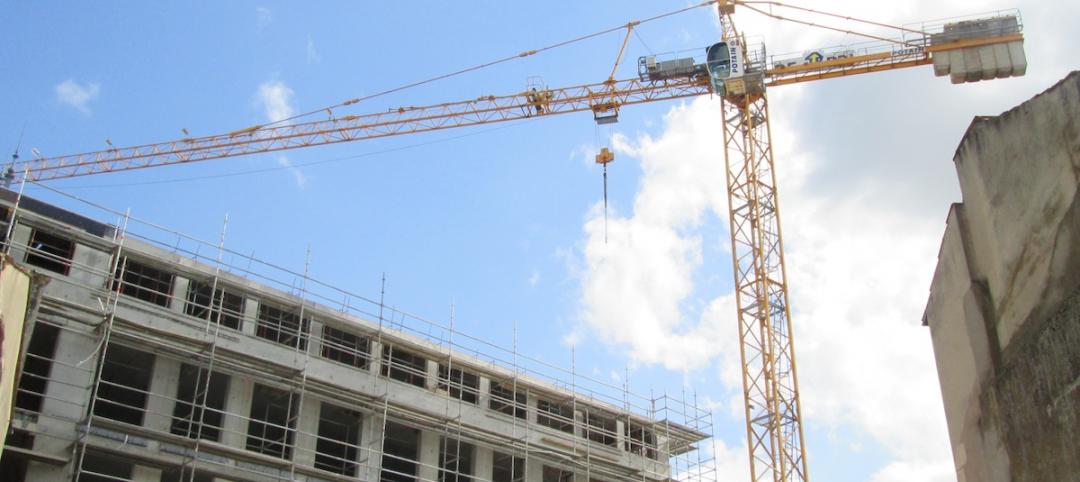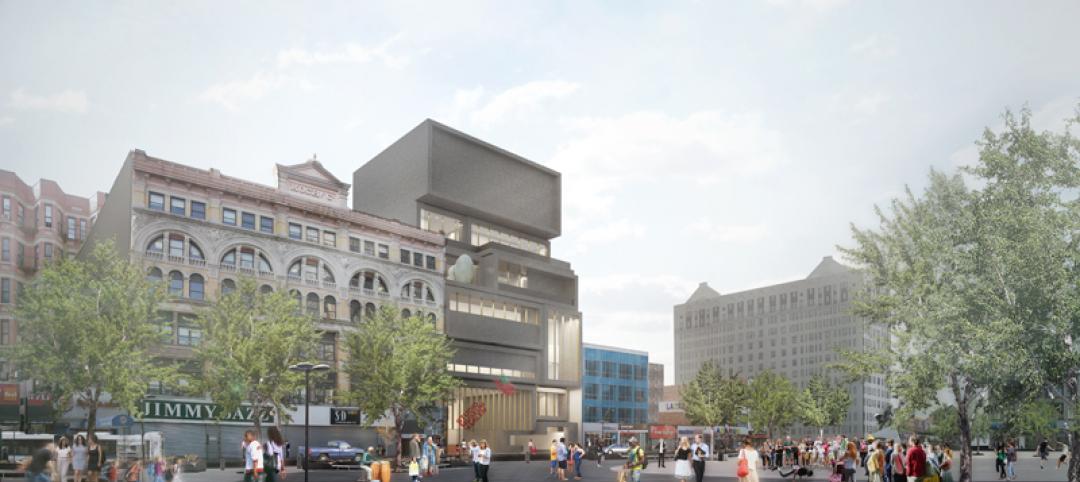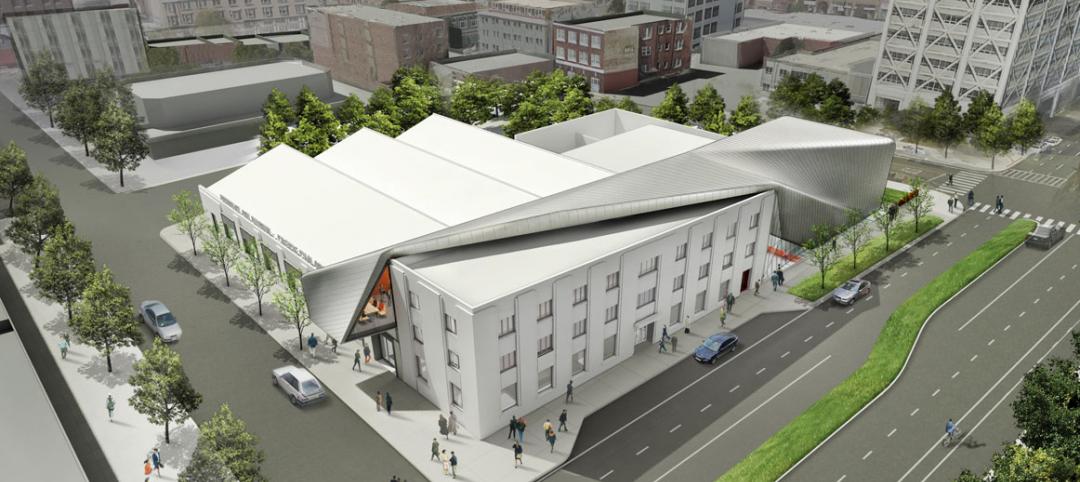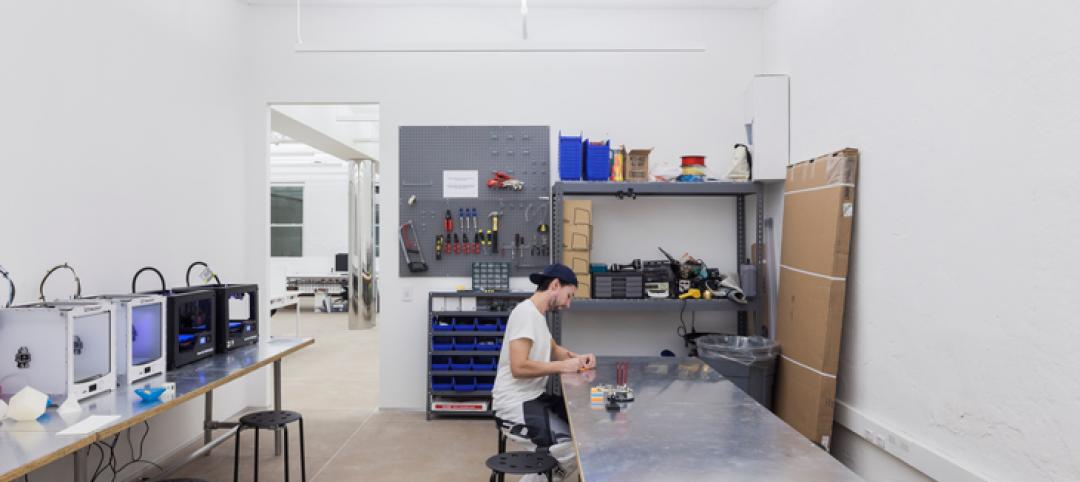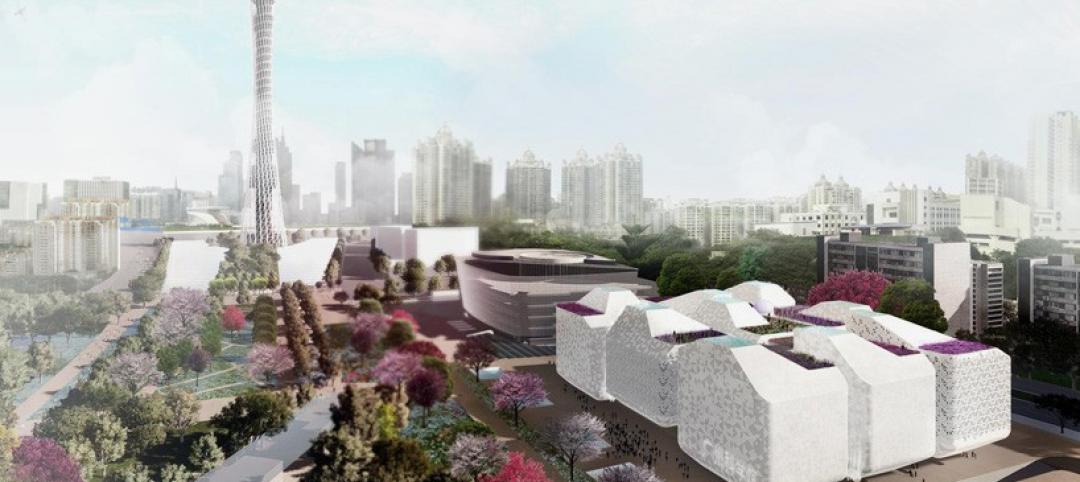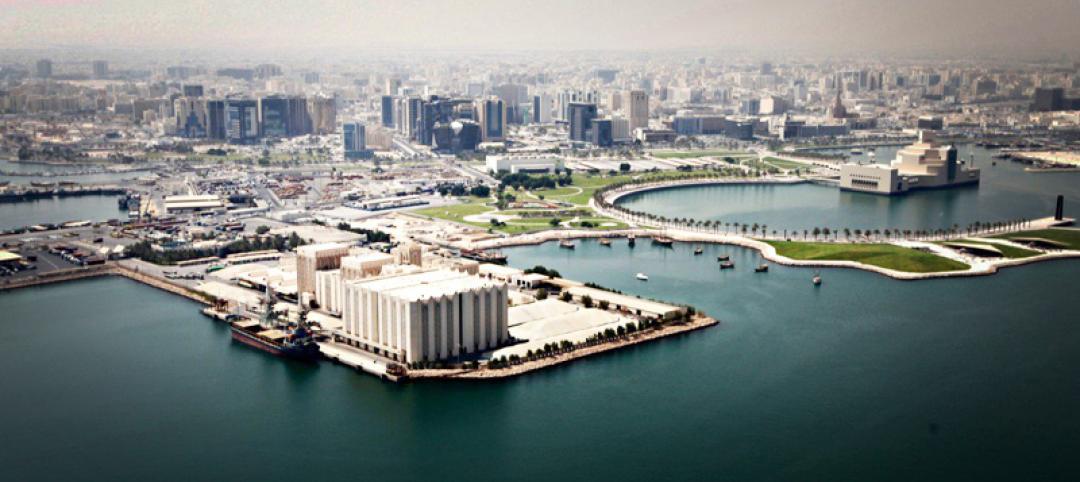Space is at a premium when it comes to museums. Only the best of the best of a museum’s collection gets the prime real estate that is displayed to the public. In fact, it is estimated that only 2% to 4% of a museum’s collection is actually shown to guests.
As museums try to show more of their collections to visitors, many contemporary designs are beginning to incorporate the exterior of the building as a gallery. Now, you aren’t going to see the Louvre plastering the Mona Lisa onto the side of the building like a wanted poster anytime soon, but museums are starting to realize art installations specifically designed for the exterior of a building can prove to be quite valuable.
Buildings have made use of their exterior walls as a display in the past. Chicago’s Tribune Tower is covered with over 150 historically significant artifacts from around the world that are built into the structure’s limestone wall.
Col. Robert McCormick brought back the first piece from a church that was shelled in Belgium during World War I. Upon returning to Chicago, he then told his correspondents around the world to obtain pieces of famous buildings and bring them back.
Embedded in Tribune Tower’s limestone walls are pieces of the Greek Parthenon, the Roman Colosseum, London’s Houses of Parliament, and dozens more, all permanently on display for passersby.
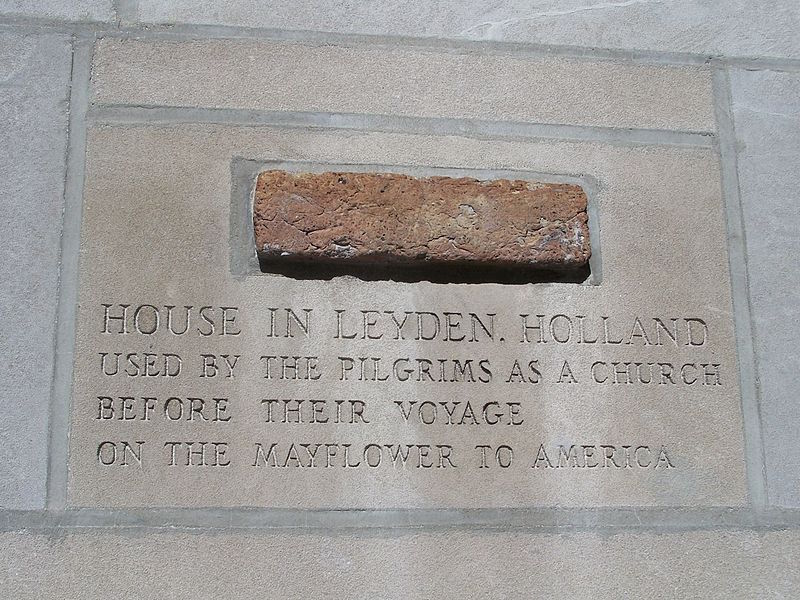
While these artifacts aren’t necessarily art installations, the exterior walls have still been transformed into a display.
The Whitney Museum of American Art, however, took this idea one step further by actually designing the building with specific solutions to best utilize exterior wall space as a gallery.
As a new white paper, Exterior as Gallery, from the New York-based Cooper Robertson outlines, the new Whitney Museum of American has facades that face Manhattan’s popular High Line park and the Hudson River, making them ideal viewing galleries.
Works of art can be anchored to the building’s terraces or suspended from the facades. A combination of vertical anchor points on the façade and a grid of horizontal points on the terraces allows for the installation of two- and three-dimensional artwork that can be viewed from multiple angles and levels. In total, there are four art terraces connected by an exterior stair leading from one to the other.
For displaying pieces from the façade, the design team used a standard system of bolts that can be tethered to or removed and replaced with eye hooks or other hardware to enable the museum to attach a screen, stretch a canvas, or suspend a super-scale object from the side of the building, according to the white paper. The façade was also reinforced to accommodate the addition of a 600-pound pull load.
The terraces required a different solution in order to display art and to keep it secured, especially in instances of high winds. A cylinder is bolted to a base plate that is then fastened to the structure below. Each cylinder is filled with foamed-in-place insulation. These cylindrical anchors align with the beams of the building’s rigorous structural grid in order not to exceed weight limitations. The terraces also have technology consolidation points for displays that require electricity and other AV needs.
If these additions prove successful, odds are, the Whitney Museum of American Art won’t be the last museum to apply these strategies.
Read the entire Cooper Robertson Exterior as Gallery white paper, here.
Related Stories
Libraries | Aug 27, 2015
Barack Obama Foundation begins search for presidential library architect
Both national and foreign firms will compete for chance to design the Chicago-based Presidential Center.
High-rise Construction | Aug 7, 2015
Tribute tower to cricket world champs will be Sri Lanka’s tallest
The 1996 Iconic Tower will be a tribute to the country’s cricket team, which won the World Cup in 1996.
Contractors | Jul 29, 2015
Consensus Construction Forecast: Double-digit growth expected for commercial sector in 2015, 2016
Despite the adverse weather conditions that curtailed design and construction activity in the first quarter of the year, the overall construction market has performed extremely well to date, according to AIA's latest Consensus Construction Forecast.
Museums | Jul 28, 2015
MUST SEE: Zaha Hadid's latest museum project is built into a mountain
The museum, dedicated to legendary mountaineer Reinhold Messner, is embedded within Mount Kronplatz in northern Italy.
Museums | Jul 9, 2015
David Adjaye unveils brownstone-inspired design for The Studio Museum in Harlem
In designing the five-story, 71,000-sf building, Adjaye took cues from the brownstones, churches, and bustling sidewalks of Harlem.
Museums | Jul 1, 2015
Diller Scofidio + Renfro merges old and new for UC Berkeley Art Museum design
The building, located directly across from the UC Berkeley campus, integrates the existing 48,000-sf Art Deco-style building with a new 35,000-sf structure.
Museums | Jun 28, 2015
Manhattan's New Museum debuts first museum-led incubator space
Part studio, part shared workplace, part lab, and part professional development program, NEW INC connects design with technology, the arts with the market, students with seasoned practitioners, and the museum with the world.
Museums | Jun 23, 2015
Moreau Kusunoki's 'art in the city' scheme wins Guggenheim Helsinki design competition
The firm’s design concept makes use of the museum’s site, turning it into a bustling, well-connected waterfront hub.
Museums | Jun 17, 2015
Final two designs selected for China's 'Three Museums, One Square' development
Overlooking the Pearl River in the southern Chinese city of Guangzhou, the cluster of museums will be designed by Nieto Sobejano Arquitectos, gmp Architekten, and Thomas Herzog Architekten.
Museums | Jun 3, 2015
Qatar launches design competition for waterfront art museum
The new gallery will repurpose a soon-to-be-vacant flour mill.


